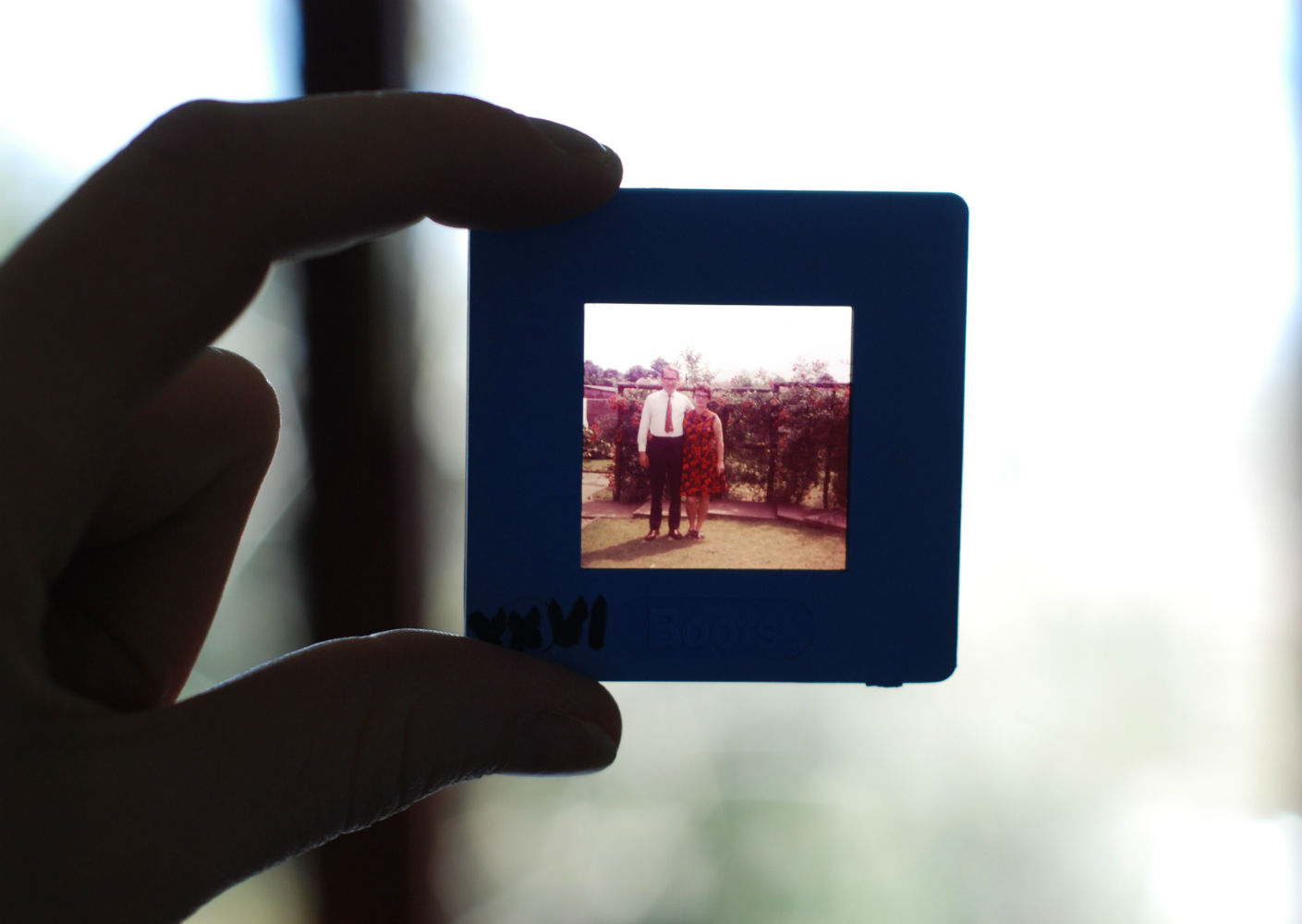There are many people who have no idea who their birth parent is, whether it’s a father or mother that’s in question. There are also many individuals who have no idea how to find and contact their biological relatives.
This isn’t a new trend, it’s been going on for generations. The difference is that today, there are many technological tools available to help solve the mystery and provide the answers that can help close the gap in a person’s family history.
It may be that a brother or sister was given up for adoption many years ago, and the remaining relative is looking to reunite with him or her. By definition, a birth relative is any person related to the adopted person by blood, including half blood or marriage.
Finding a birth or biological relative brings relief to the person searching, as it helps to unify the family and provide comfort to the person who is searching.

Where to Begin Your Search
If you have a name to search for, you have a head-start. You can use social media to try and locate your lost relative/parent/sibling, but be careful!
There are many scammers out there who would like to take advantage of your situation and could pretend to be the person you’re searching for. Never reveal too much information in your quest; keep it straightforward and see who responds.
If you’ve been on social media recently, you’ve probably seen photos of a man or woman with a hand-written sign stating that he or she is “searching for my bio mom/dad.” Sadly, you probably won’t get any meaningful results using this approach.
Here’s why: more often than not, the person you’re searching for really doesn’t want to be found. There are many reasons why a person left their family years ago, and they really aren’t interested in stirring up those old memories all over again. Nonetheless, because social media is free, it’s worth a try.
A better option would be to search on an adoption registry, like “adoption.com.” It’s the number one registry site, and it has many beneficial links to resources that can help you locate your biological parent or birth relative.
Another registry site is adopted.com, which is useful because many parents are also posting on that site. They also let you search for free until a suitable match is found.
Some states have an adoption registry available to you, and if yours is one of those states, go ahead and sign up.
Your birth parents may have already registered as well. If they have, and you sign up, the state adoption registry will notify you with the name(s) of your relatives. It’s worth trying!
Requesting your adoption records is another approach. Depending on what state you live in, you may have some success using this tactic. The downside is that some states have very strict open record adoption laws and will not allow you to access your birth or adoption records.
Other states have open adoption laws, and gaining access to your records is quite easy. If you live in a state that has open adoption record laws, request your birth certificate, as it may contain the names of your biological birth mother and father.
In addition to adoption registries, there are also DNA registries like Ancestry.com. You’ve probably seen their commercials, and they can be helpful.
FamilyTree DNA is another site that can be helpful, and 23andMe is a service that uses your DNA to find matching relatives. These sites can cost anywhere from $59 to $200 and up.
The court systems have records that date way back to the turn of the century, and can be a plethora of information if you’re willing to wade through it. If you’re looking for a biological parent, this is a great place to start, because simply by entering your name and limited birth information, you can easily be matched up to the person you’re hoping to find.
The issue with the court systems is the time it may take to wade through the volume of information that is available.
Another option is to hire a private investigator, but be prepared for an expensive bill for their efforts. The advantage of hiring a private investigator is the access that they have to law enforcement websites, which could provide a wealth of information that you wouldn’t be able to access on your own.
Use Online Tools in Your Search
Using an online tool like Nuwber can help you speed up the process of finding your birth parents and relatives. If you remember your address where you lived as a child, you might also remember the names of people who lived near you.
You could find their phone numbers or email addresses using Nuwber, and then contact them for information about your family members.
This adds a new dimension to using the Internet in your search, and it’s one worth trying. Actually talking with or contacting people from your past is the key to finding your birth parents or relatives that you haven’t had contact within years. Using a tool like Nuwber can shorten your search considerably.
Summary
Finding your long-lost birth parent or relative is a daunting task, but one that is certainly worth the effort. Imagine the joy you’ll have if you’re able to reunite with a family member who has been out of your life for such an extended period of time.
You will be able to build lasting relationships with your new family members, relationships that can provide you with lifelong support and enjoyment.
Start with social media, check out adoption sites as well as popular DNA sites to see if you can find your relative. Move on to adoption registry sites or state registry site (depending on where you live) to help you find your parent or relative.
Also, be sure to try using online tools to help locate people from your childhood who can help you locate you reunite with your birth family.

